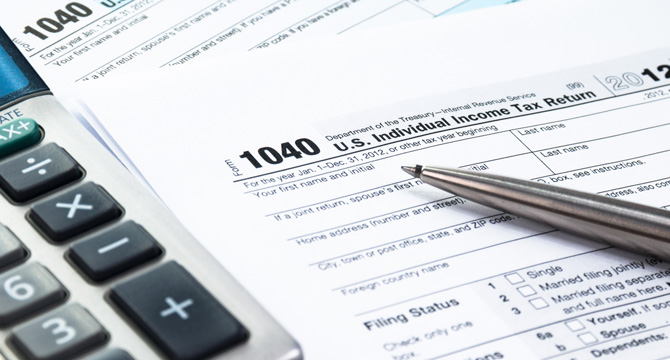Tax Reform/Tax Cuts, Who Cares? Tax Gross Up Damages Are Available Under Title VII

Tax reform legislation is certainly one of the hottest topics in the media. Among others, several of the pressing questions regarding the proposed legislation are: Will it pass? If so, who will receive tax relief (and who won’t)? It goes without saying that many Americans are paying close attention to these questions because it may affect the amount of money they take home.
Notwithstanding the tax reform backdrop, plaintiffs asserting Title VII claims in the Ninth U.S. Circuit Court of Appeals jurisdiction are probably not losing any sleep regarding their income tax liability for any awards they obtain (or may obtain). The Ninth Circuit, (which covers California, Oregon, Washington, Nevada, Arizona, Idaho, Montana, Alaska and Hawaii), recently issued a ruling on this issue that can impact the amounts that employers pay in these cases. Specifically, the court ruled that any back wages award can be “grossed up” to compensate for increased income tax liability resulting from a plaintiff’s receipt of a back pay award in one lump sum (compared to receiving the wages over time if employed). This means employers could be ordered to pay an additional amount to cover a prevailing plaintiff’s increased tax obligations.
The Ninth Circuit recognized that there is a split among the other federal appeals courts whether tax gross ups are available under Title VII. For example, the District of Columbia circuit says no. However, the Ninth Circuit joined the Third, Seventh, and Tenth Circuits (covering various western, mid-Atlantic, and Great Lakes states) in concluding that trial courts have discretion to gross up an award to account for income tax consequences. Furthermore, any gross up is excluded from the compensatory and punitive damages cap.
So what does this mean for employers? It means Title VII plaintiffs (at least for the individuals in states covered by the Ninth Circuit and other circuits taking this approach) may now seek greater monetary damages because of tax consequences. The plaintiffs may seek awards for:
1) Back pay and lost benefits (no statutory cap)
2) Prejudgment interest on the back pay award (no statutory cap)
3) Front pay, if reinstatement is not feasible (no statutory cap)
4) Compensatory (such as emotional harm damages) and punitive damages (which collectively are capped at four different limits between $50,000 and $300,000, based on the number of employees the employer has)
5) Tax gross up to compensate for the increased tax liability of a lump sum back pay award (no statutory cap)
Be sure to carefully review the current state of law in areas where you have employees. And consider the impact of additional gross up liability when determining your strategy for approaching employment discrimination claims.